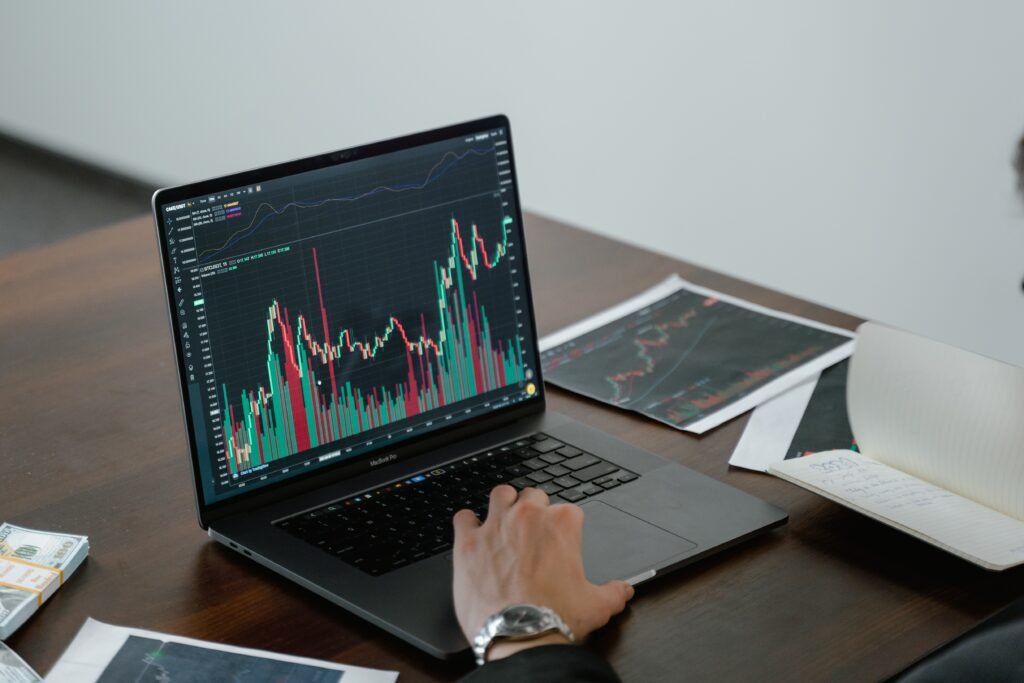
In financial markets, futures trading is one of the most intriguing strategies available to traders. This method, which involves contracts to buy or sell assets at a predetermined price on a specified date, has garnered significant attention due to its potential for high profits and its role in hedging against market risks. Yet, as with any investment strategy, nq futures trading has advantages and disadvantages. This article explores the intricacies of futures trading, examining whether it truly holds an edge over other forms of trading.
Leveraging Potential Gains
One of the primary reasons traders are drawn to futures trading is the potential for substantial gains. Futures contracts allow investors to control a large amount of an underlying asset with a comparatively smaller upfront investment due to the leverage mechanism.
This amplified exposure to the market can lead to significant profits if the market moves in the anticipated direction. However, the same leverage that magnifies gains also accentuates losses. That becomes critical when deciding whether futures trading is a suitable strategy.
Risk Management through Hedging
Futures trading is often utilized as a tool for risk management. That offers businesses and investors a way to mitigate potential losses caused by fluctuations in commodity prices, interest rates or currency values.
Market participants can lock in prices for future transactions, ensuring predictability in costs or revenues. This practice of hedging shields businesses from the volatility that can erode profitability, making futures an essential aspect of financial planning for various industries.
Volatility and Market Speculation
While futures trading can be employed for risk mitigation, it’s also a platform for market speculation. Traders skilled at analyzing market trends and patterns may capitalize on price movements by trading futures contracts. However, the very nature of market speculation also exposes traders to significant risks.
The high volatility in futures trading can lead to substantial losses, especially if the market behaves unexpectedly. As such, success in this arena requires insight and a robust risk management strategy.
Accessibility and Liquidity
Futures markets are renowned for their accessibility and liquidity. These markets are open for trading nearly 24 hours a day, allowing investors to respond to global events and news as they unfold. Additionally, the high liquidity in futures markets means that traders can easily enter and exit positions without experiencing significant price deviations.
This attribute attracts a diverse range of market participants, from individual traders to institutional investors, seeking opportunities in various asset classes, from commodities to financial derivatives.
Regulatory Oversight and Transparency
One distinguishing feature of futures trading is the level of regulatory oversight and transparency. Trading occurs on organized exchanges, subject to stringent regulations and reporting requirements. This transparency ensures that all market participants can access accurate pricing information and trading data.
While this regulatory structure promotes fair and efficient markets, it can also limit certain trading strategies that might be feasible in less regulated environments. Aspiring futures traders must be well-versed in the rules and regulations that govern these markets to navigate them successfully.
Psychological and Emotional Challenges
Beyond the technical aspects, futures trading presents psychological and emotional challenges that traders must face. The pressure to make split-second decisions, the emotional roller coaster of gains and losses, and the constant monitoring of market developments can lead to stress and anxiety.
Successful futures traders need not only a solid trading plan but also a strong mental framework to manage their emotions effectively. Developing discipline and patience is essential for staying focused on long-term goals and avoiding impulsive decisions driven by fear or greed.
Complexity and Learning Curve
While futures trading holds undeniable advantages, it’s crucial to acknowledge its complexity. The intricate nature of derivatives and their leveraged exposure necessitate a thorough understanding of the underlying markets, trading strategies, and risk management techniques. Novice traders might be overwhelmed by the learning curve and the potential for substantial losses if not approached prudently.
Is futures trading better? The answer is not a straightforward one. The advantages of leveraging potential gains, managing risks through hedging and tapping into market speculation make futures appealing to many. However, these advantages are balanced by the risks associated with leverage, market volatility, and psychological challenges. The accessibility and transparency of futures markets, coupled with their regulatory oversight, provide a structured and regulated environment for traders to operate in.



